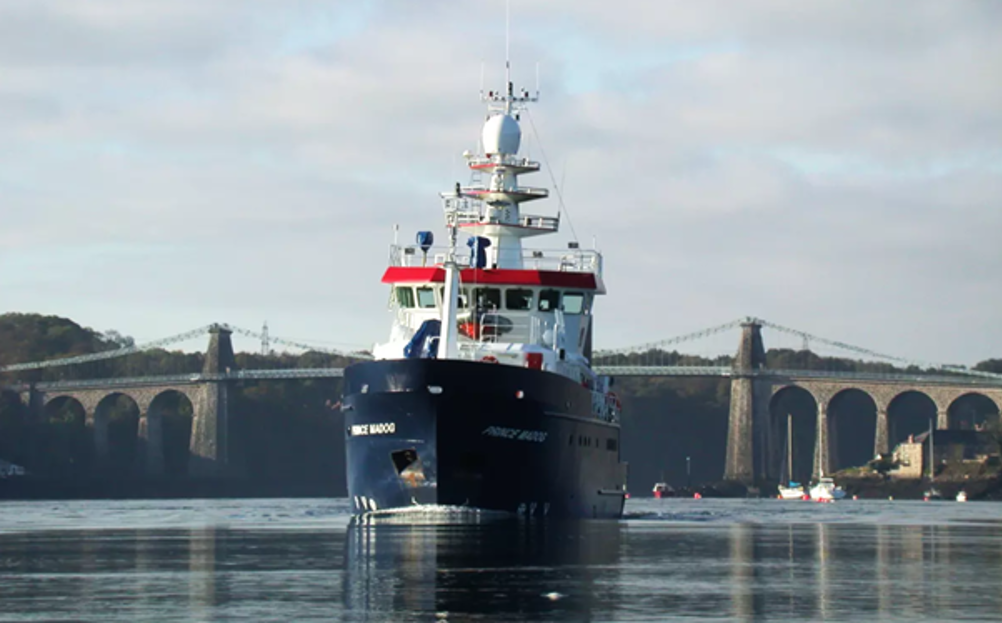The Tranship II project will see the hydrogen system installed alongside the Madog’s existing diesel engine. This will enable the ship to operate with zero emissions for short trips, such as the day excursions it facilitates for Bangor’s marine science students. When operating deeper into the Irish and Celtic Seas, the hybrid system will reduce diesel emissions by up to 60 per cent.
Related content
“With an ambition to be leaders in this field, it is only fitting that our vessel is moving over to cutting-edge technology which significantly reduces emissions,” said Professor John Turner, head of Bangor University’s School of Ocean Sciences.
“Reducing our carbon footprint by moving over to hydrogen power means Bangor University can continue to build upon our world-leading understanding of the environment and physical positioning of marine energy sites in a sustainable way.”
The multi-partner project will be led by O.S Energy, which owns and operates a fleet of dedicated offshore service vessels. It is hoped that the Prince Madog can serve as a pathfinder for vessels in offshore support, a sector estimated to be worth £26bn by 2050 and requiring an additional 1,200 vessels in the UK alone, according to the Offshore Catapult.

The retrofit work is set to take up to two years, beginning in April 2023. Once complete, it is planned that the ship will receive its zero carbon fuel via the Holyhead Hydrogen Hub on Anglesey, North Wales, currently being developed by Menter Môn.
“This is great news for the consortia and Menter Môn as it provides us with the opportunity to support the enlargement of an emergent local green hydrogen circular economy from our Holyhead Hydrogen Hub production facility at Parc Cybi, currently under development,” said Dafydd Gruffydd, managing director of Menter Môn.
“This will be powered by our Morlias tidal energy infrastructure providing a truly green transport and marine energy solution and to the benefit of the local economy.”
Other consortium partners include H2Tec, part of Edinburgh-based hydrogen technologies expert Logan Energy, as well as Solis Marine Engineering, Newcastle Marine Services, Chartwell Marine, Cedar Marine, Stone Marine Propulsion and the universities of Exeter and Newcastle-Upon-Tyne.











Comment: Waste heat could hold the key to net zero and beyond
The main issue in using nuclear heating is that it needs to be a simple low-cost system rather than a massive power station project. There have been...